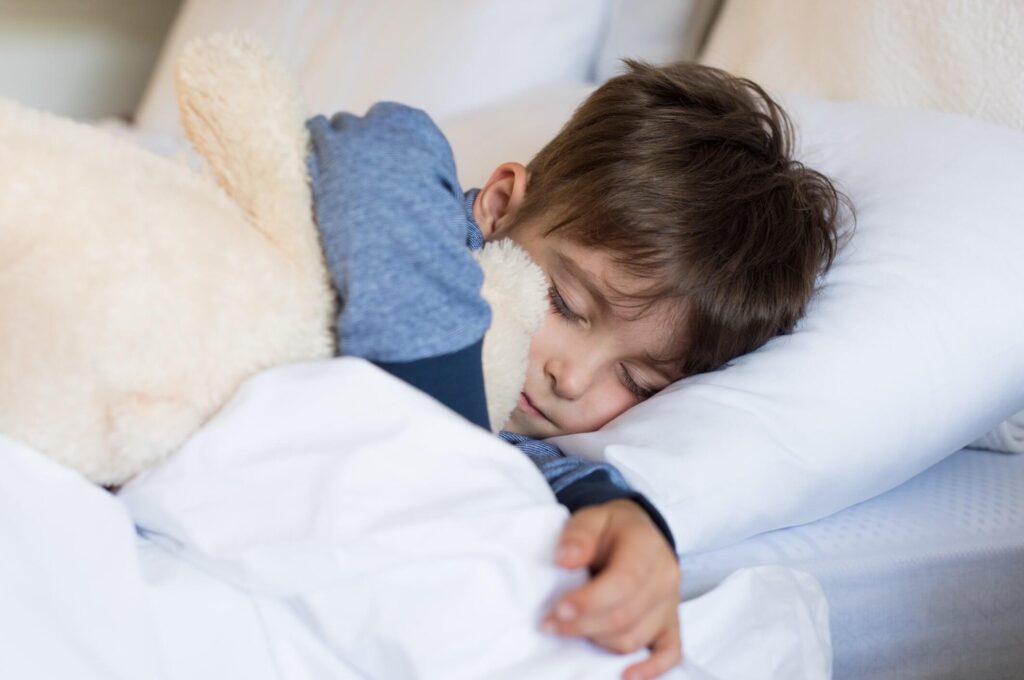Does your child gnash or grind their teeth at night and you can’t figure out why? This might be an early sign of sleep bruxism.
Sleep bruxism usually occurs around the time when your child’s teeth have grown in. Yet, it is still understandable to want to know all about sleep bruxism and what it means for your child’s dental health.
What is Sleep Bruxism?
Sleep bruxism is a sleep-movement disorder that involves repetitive teeth grinding or gnashing. For most children, it may be more of teeth clenching or chewing while they are asleep.
Around 80% of people with sleep bruxism are not even aware they’re grinding their teeth at night. This can usually last about four seconds over six times an hour in children.
While generally harmless, the most severe form of bruxism can cause serious damage to your child’s teeth. This can occur especially if your child has a strong bite force.
In this case, it’s important to recognize the symptoms and know when to seek dental treatment for your child.
What are the Symptoms of Sleep Bruxism?
The main symptom of sleep bruxism to look out for is involuntary clenching or gnashing of teeth. But there is still more to it than meets eye. They can range from troubling to outright dangerous for your child.
If the following symptoms are present. it might be time to start seeking treatment for the sake of your child’s dental health:
Dull headaches or pain in the ear area
Headaches in the temple area can be a sign of sleep bruxism in its early stages. It can also lead to a sharp pain in the ear especially when your child is chewing food. Headaches like these are the result of the constant pressure in the jaw area from constant teeth grinding. These can cause complications in your child’s eating habits.
Tightened or tired jaw muscles
Your child may have sleep bruxism if they have difficulty moving their jaw muscles. Jaw locking can be due to constant tooth grinding. The more your child continues to gnash their teeth as they rest the more tired their jaw muscles become.
Irregular sleep patterns
In most cases, bruxism can affect your child’s sleeping patterns. Your child may experience bouts of sleep disruptions aside from grinding teeth. Moreover, the condition may cause your child to wake up in the middle of the night.
Fractured or chipped teeth
This is a dangerous sign of bruxism that every parent should watch out for. Constant grinding can lead to chipped and fractured teeth. If you leave this untreated for long, it could affect the development of your child’s teeth and lead to dental damage that’s difficult to correct.
How Can We Treat Sleep Bruxism?
In most cases, children will outgrow this condition and they may not need treatment at all. But it’s also important to deal with the more severe symptoms that could damage their dental health.
The best you can do when it comes to treating sleep bruxism is to recognize the signs early and know when to seek out a pediatric dentist. That way, you can pick the right options like mouth guards that can help protect your child’s teeth from grinding.
Reach out to us at My Children’s Choice. We are your best partners in paving the way towards better dental health in your child.
Schedule an appointment by calling (202) 410-0088 today!

